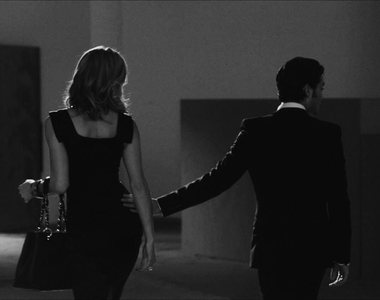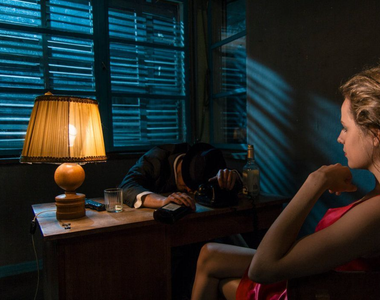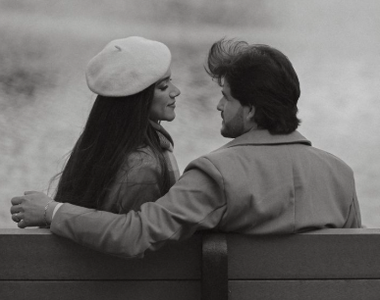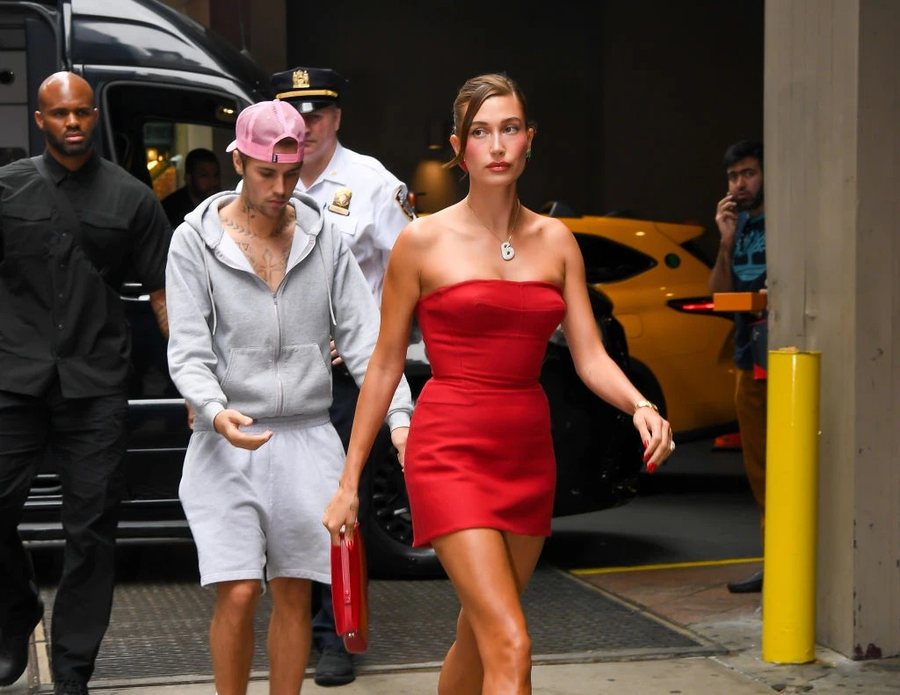
When we were little, and a child behaved rudely or aggressively, adults would often tell us, "He's jealous, that's why he's acting like that," or, "He likes you, that's why he's pulling your hair."
A kind of consolation that was intended to calm us down, especially when we felt excluded or unappreciated. The implicit message was that the problem was not with us or the other person's behavior, but with the fact that we were simply very smart, or good students, and this made others react that way.
In the age of social media, this feeling has taken on a new name: the "cheating gap," a gap that no longer has to do with personality or communication, but with who seems "cooler," more attractive in appearance, career, or social status. On TikTok, this phenomenon is described as something that can destroy relationships.
What is the “Swag Gap”?

As described in an article in The Guardian, the “swag gap” refers to a noticeable difference between two people in a relationship, where one appears more confident, more well-groomed, more charismatic, or has a more appealing public image, leaving the other feeling overshadowed. This disparity often translates into an emotional disconnect.
This phenomenon came to light when Justin Bieber received criticism for his appearance during a public outing with his wife, Hailey Bieber, in August 2023. She had chosen a stylish red dress, while he was dressed in sweatpants and a hoodie. The contrast between her attempt to look good and his carefree appearance was commented on as a typical example of the "swag gap".
Another example that sparked discussion was the split of Nicole Kidman and Keith Urban, where many suggested that Nicole's continued career successes, in contrast to her partner, created an insurmountable gap between them.
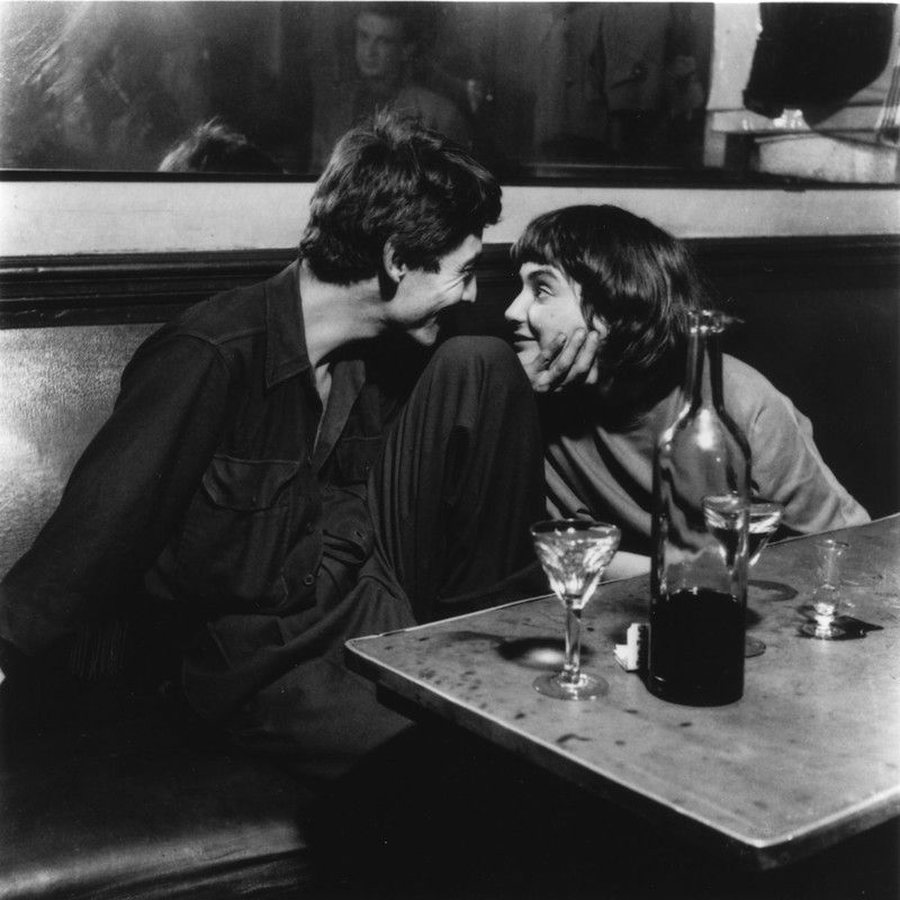
According to psychotherapist Joanna Harrison, the problem is not appearance or image, but the way one partner experiences the other's change.
"If your partner starts to feel less valuable to you, over time this will be reflected in their behavior, with passive-aggressive behavior, underestimation, jealousy, and sometimes even sabotage."
This is illustrated by the story of Aaliyah, 26, who shared it with The Independent. While her career as a journalist was flourishing, her partner remained in the background. His insecurities turned into cold behavior.
"I never stopped him from succeeding. I was just living my life, while he stopped. In the end, I felt like he was punishing me for it."
Issy, 25, a lawyer, acted similarly, who separated from her partner after eight years of relationship.
"He didn't move on. When we broke up, I felt liberated. I realized it wasn't my fault."
Can such a gap be bridged?
When the partner who feels less "worthy" tries to compensate for this inequality without deep dialogue and mutual understanding, their efforts usually end in tension, conflict, and often separation.
This phenomenon is not limited to romantic relationships. The “swag gap” can also manifest itself in friendships, in the form of disparaging comments, sarcasm about successes, silent jealousy, or attempts to copy the other person’s style or life choices.
Can a relationship survive such a gap?
There's no simple answer. As Harrison explains, every relationship has its own dynamics, and sometimes one partner can support the other through tough times. But when there's no desire to move forward or when jealousy turns to aggression, the bond begins to fray.
